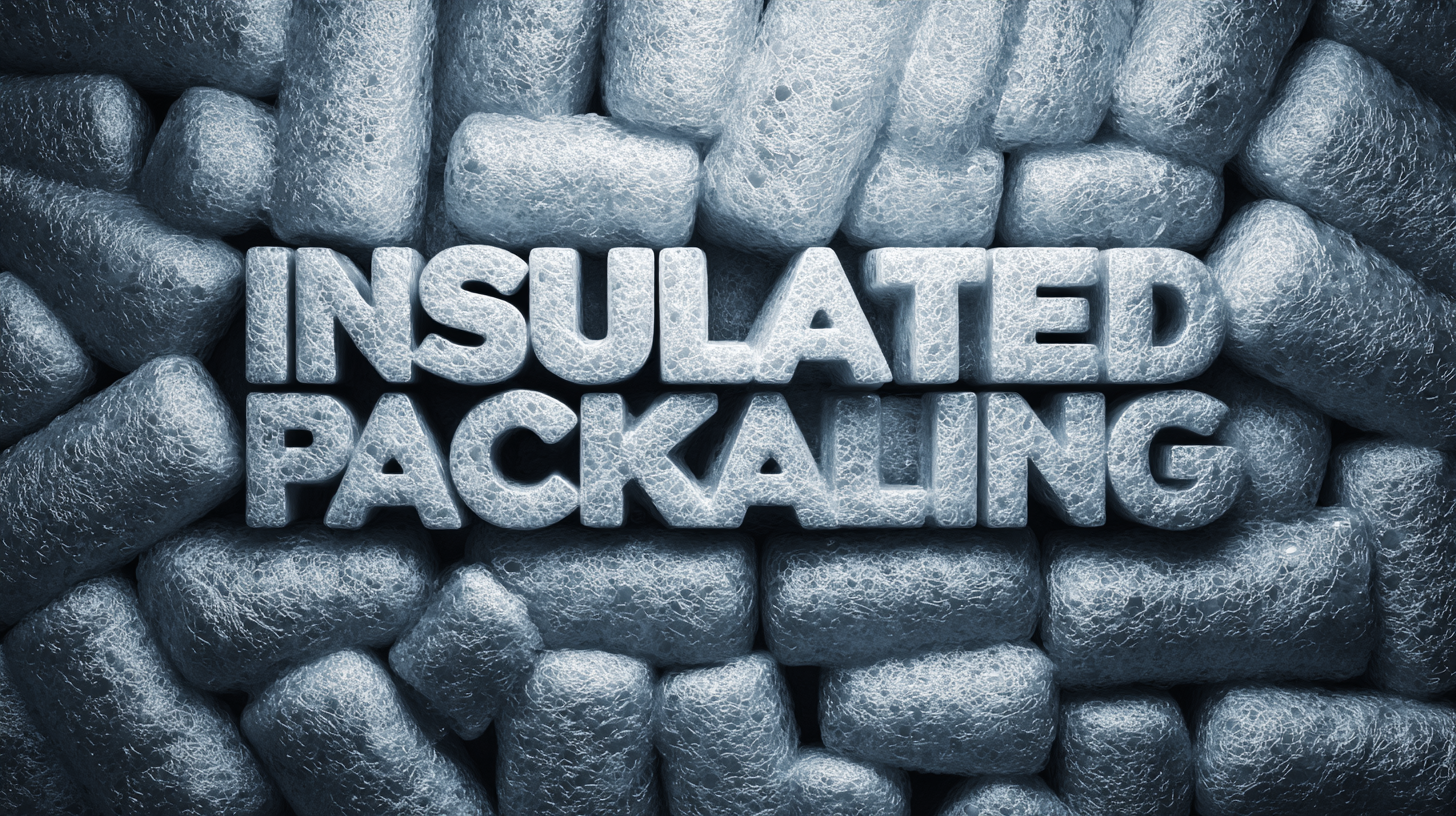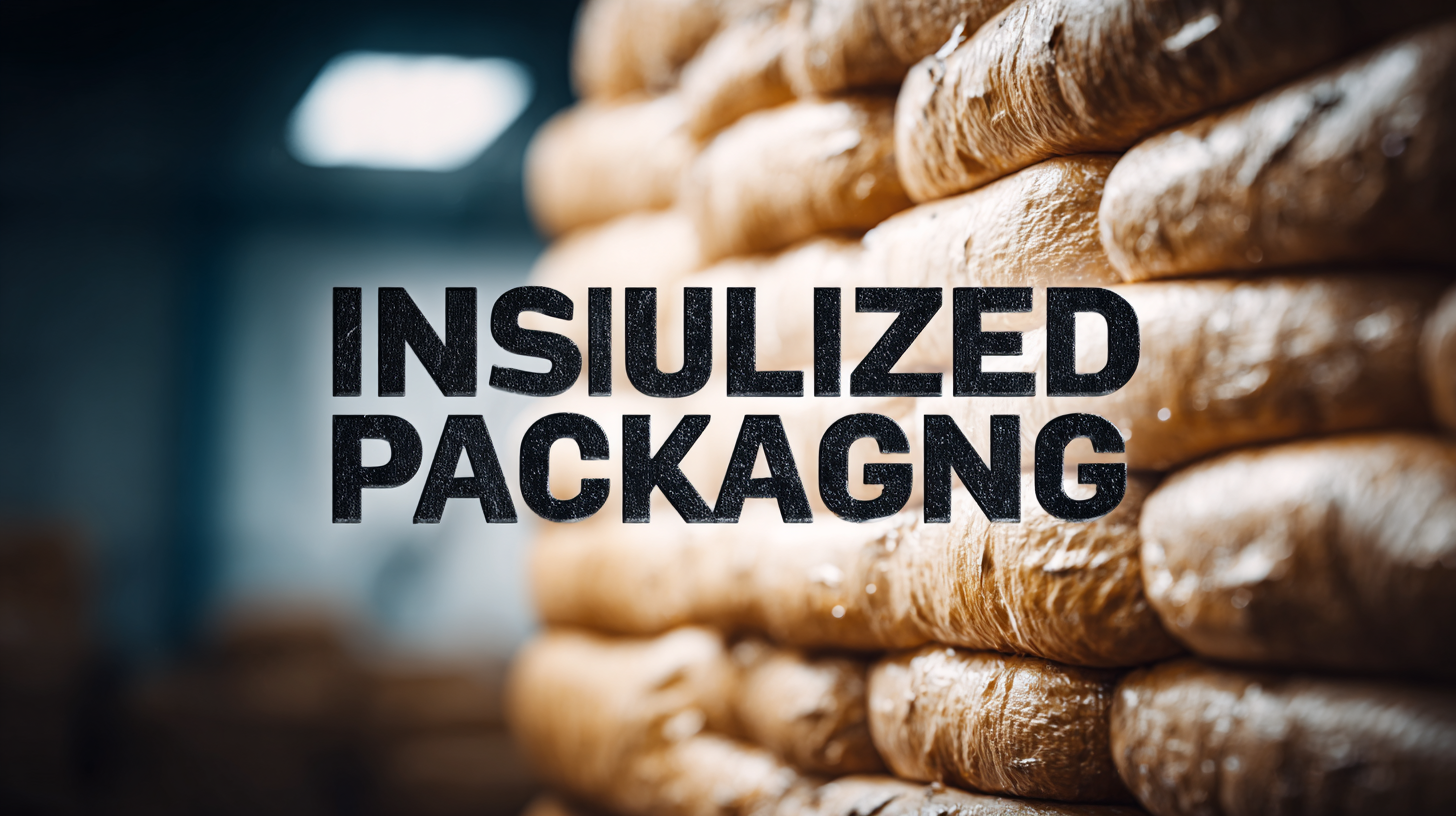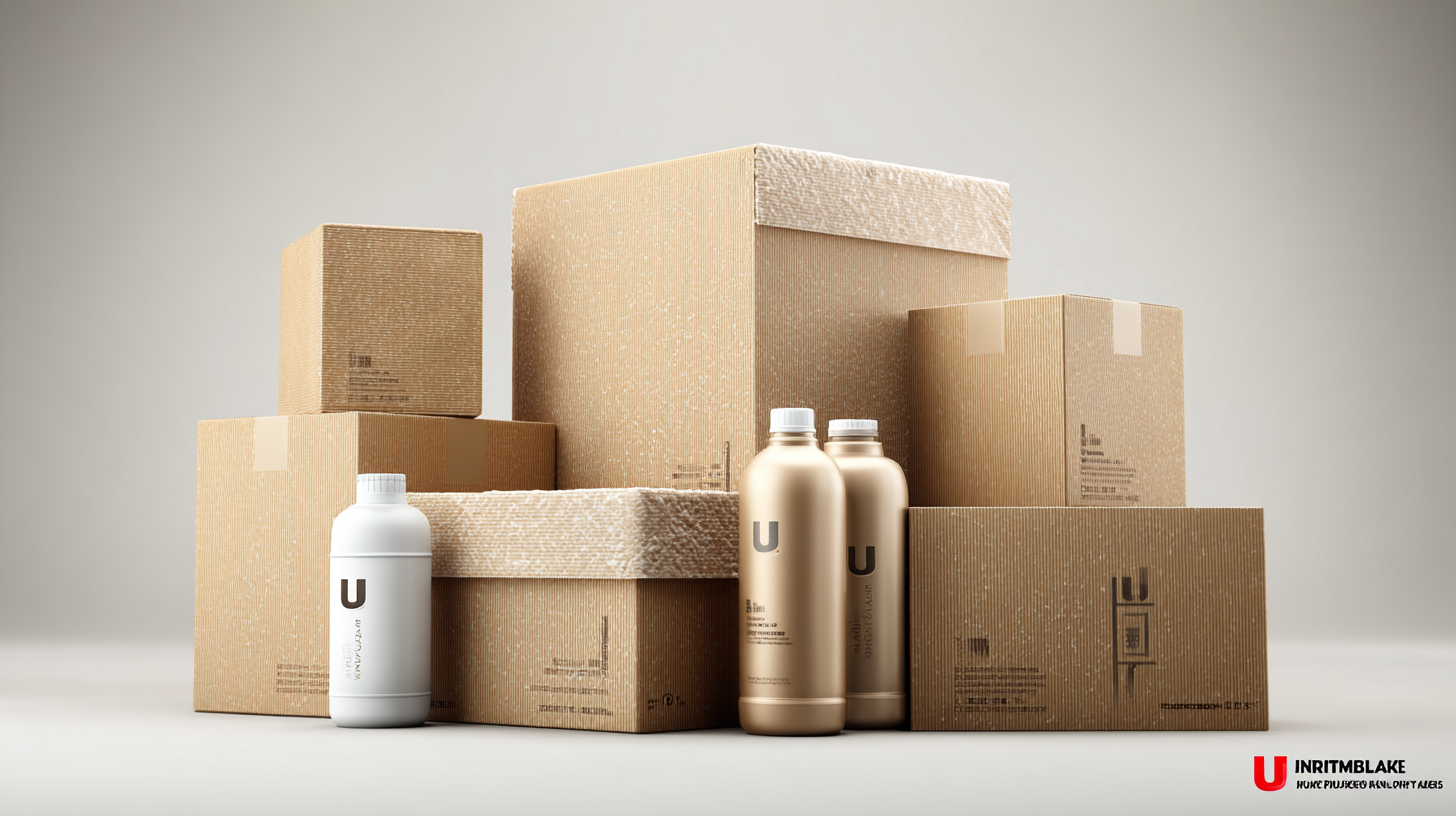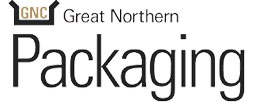Ultimate Guide to Choosing the Best Insulated Packaging for Your Business Needs
In today's competitive marketplace, selecting the right insulated packaging is essential for businesses that require temperature-sensitive shipping solutions. As industries demand higher quality standards and more efficient logistics, understanding the various types of insulated packaging becomes critical. This ultimate guide aims to address common problems associated with industry production standards and the diverse options available in insulated packaging. From maintaining product integrity during transit to adhering to strict regulatory requirements, choosing the best insulated packaging for your business needs involves careful consideration and strategic planning. By delving into the intricacies of insulated packaging, you will be better equipped to make informed decisions that enhance your supply chain efficiency and safeguard your products, ultimately leading to greater customer satisfaction and improved business performance.

Understanding Different Types of Insulated Packaging Solutions for Your Business
When selecting insulated packaging solutions for your business, it's crucial to understand the various types available and their specific applications. The Temperature Controlled Packaging Solutions Market is projected to reach USD 80.1 billion by 2026, highlighting the growing demand for packaging that maintains product integrity during transit. Key types of insulated packaging include thermal blankets, insulated boxes, and bulk shipping solutions, each designed to cater to diverse temperature-sensitive goods such as pharmaceuticals, perishables, and electronics.
Tip: Always assess the temperature range your products require during shipping. This will help you decide between different insulation types and materials, ensuring optimal protection against temperature fluctuations.
Additionally, consider the environmental impact of your packaging solutions. The industry is seeing a shift toward sustainable options that not only meet regulatory requirements but also cater to consumer preferences for eco-friendly products. Using biodegradable or recyclable materials can enhance your brand’s reputation while still ensuring your products are safely delivered.
Tip: Collaborate with suppliers who offer sustainable insulated packaging options. This approach can not only improve your packaging strategy but also contribute to a more sustainable supply chain.
Key Factors to Consider When Selecting Insulated Packaging Materials
When selecting insulated packaging materials, several key factors must be considered to ensure that the chosen solution meets your business needs. One of the most critical aspects is the thermal performance of the material. According to a report by the Cold Chain Logistics Market, the demand for efficient insulated packaging has surged, with a projected growth rate of 15.1% annually until 2025. This underscores the necessity for materials that can maintain the desired temperature range for perishable goods, such as pharmaceuticals and food products.
Another vital consideration is the sustainability of the packaging materials. The Global Sustainable Packaging Market report indicates that over 50% of consumers now prefer products packaged in eco-friendly materials. As businesses strive to reduce their carbon footprint, choosing recyclable or biodegradable insulation options can attract environmentally conscious consumers while adhering to regulations. Additionally, the weight and cost of the packaging should be evaluated, as lighter packaging can reduce shipping costs, ultimately enhancing profitability. By carefully assessing these factors, businesses can select insulated packaging that not only protects their products but also aligns with their operational goals and customer expectations.

Evaluating the Thermal Performance of Insulated Packaging Options
 When selecting insulated packaging, evaluating thermal performance is crucial to ensuring product integrity during transit. According to a comprehensive report by the Institute of Packaging Professionals, approximately 30% of temperature-sensitive goods suffer quality degradation due to inadequate insulation. This statistic underlines the importance of choosing materials that can maintain desired temperatures, particularly for pharmaceuticals, perishables, and chemicals.
When selecting insulated packaging, evaluating thermal performance is crucial to ensuring product integrity during transit. According to a comprehensive report by the Institute of Packaging Professionals, approximately 30% of temperature-sensitive goods suffer quality degradation due to inadequate insulation. This statistic underlines the importance of choosing materials that can maintain desired temperatures, particularly for pharmaceuticals, perishables, and chemicals.
To enhance thermal performance, consider the insulation materials' R-value, a measure of thermal resistance. A higher R-value indicates better insulation properties, making it essential for maintaining product temperatures over extended periods. Additionally, integrating phase change materials (PCMs) can significantly boost the thermal stability of your packaging. PCMs absorb or release heat as they change states, providing a reliable buffer against temperature fluctuations.
Tip: Always conduct real-life testing with your chosen insulated packaging. This will allow you to evaluate its performance under actual shipping conditions and fine-tune your approach based on specific logistical challenges, such as distance and transit times.
Furthermore, assess the packaging’s weight and durability. Lighter materials can reduce shipping costs without sacrificing protection, while robust designs are needed to withstand handling and environmental stressors during transit. Balancing these factors will ensure optimal performance and customer satisfaction.
Cost-Effectiveness and Sustainability in Insulated Packaging Choices
When selecting insulated packaging for your business, cost-effectiveness and sustainability are crucial factors that can significantly influence your decision. Businesses today are not just looking for solutions that keep products at the right temperature; they also want options that are financially viable in the long run. Innovative materials and designs have emerged that not only provide excellent insulation but also reduce overall costs. By investing in high-quality insulated packaging that enhances energy efficiency during transportation, companies can lower shipping expenses and ensure their products arrive in optimal condition.
Sustainability is another vital consideration. Consumers are increasingly aware of environmental impacts, prompting companies to seek packaging solutions that minimize waste and utilize recyclable or biodegradable materials. Many manufacturers now offer insulated packaging options made from sustainable resources, which help businesses meet their eco-friendly goals without sacrificing performance. By embracing sustainable practices in packaging choices, companies can enhance their brand image while contributing to a healthier planet, ultimately leading to increased customer loyalty and satisfaction. Making informed decisions about insulated packaging can yield significant long-term benefits for both business and environment.
Cost-Effectiveness and Sustainability in Insulated Packaging Choices
Best Practices for Implementing Insulated Packaging in Your Supply Chain
When it comes to implementing insulated packaging in your supply chain, several best practices can significantly enhance efficiency and product integrity. First, it's crucial to assess the specific temperature requirements of your products. Understanding whether your goods need to be kept frozen, refrigerated, or maintained at room temperature will inform your choice of insulation materials and methods. Utilizing temperature monitoring systems within your insulated packaging can provide real-time data to ensure that products remain within their ideal temperature ranges throughout transit.
Additionally, consider the durability and sustainability of the insulated packaging materials you select. Choosing high-quality, robust materials not only protects your products from temperature variations but also mitigates the risk of damage due to physical stress during transportation. Incorporating eco-friendly options can contribute to a reduced carbon footprint and enhance your business's image as a responsible entity. Collaboration with reliable suppliers who specialize in insulated solutions can also streamline the integration of these practices within your existing logistics framework, ensuring a seamless transition that benefits your entire supply chain.






